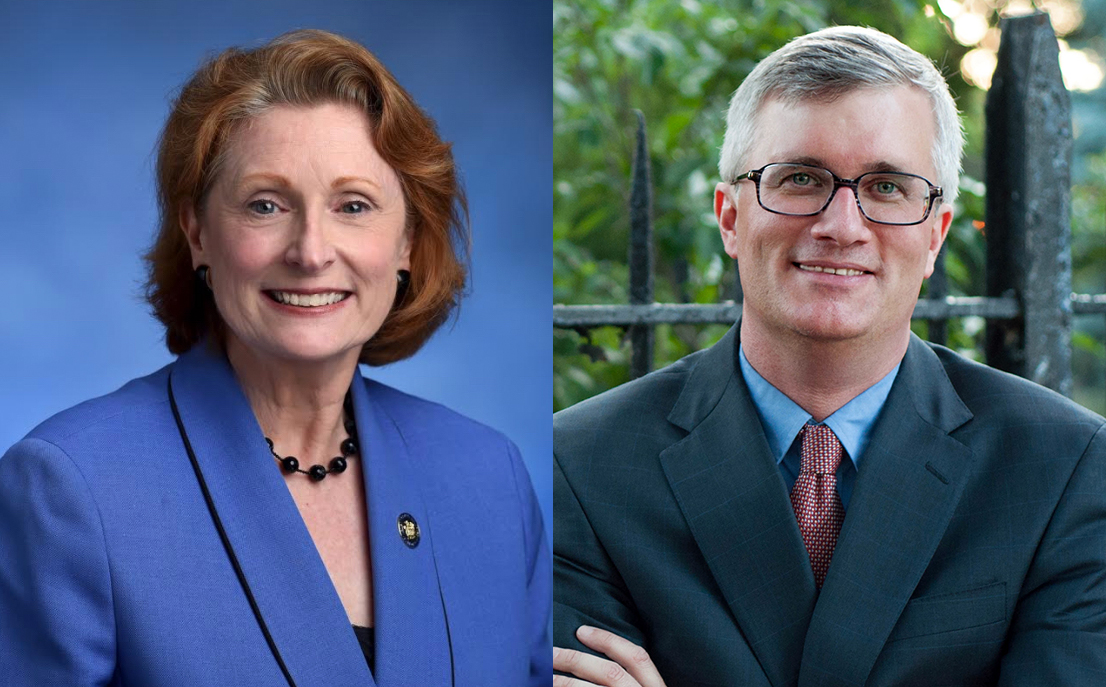Brooklyn officials behind sweeping gun laws that just passed NYS legislature
Gov expected to sign ‘red flag’ bill and other gun measures

It’s going to be easier to keep guns out of the hands of troubled individuals in New York state following the passage of a package of gun control bills in the state legislature on Tuesday, advocates say.
New York State Senator Brian Kavanagh and Assemblymember Jo Anne Simon, both representing Brooklyn districts, were major forces behind the bills, which Gov. Andrew Cuomo has indicated he backs.
The most notable part of the package is a “red flag” bill, which allows a new type of order of protection, called an Extreme Risk Protection Order (ERPO), to be served on people thought to be dangerous to themselves or others. The order would allow removal of their guns if a family member, law enforcement officer or educator successfully petitioned the court.

Brooklyn Boro
View MoreNew York City’s most populous borough, Brooklyn, is home to nearly 2.6 million residents. If Brooklyn were an independent city it would be the fourth largest city in the United States. While Brooklyn has become the epitome of ‘cool and hip’ in recent years, for those that were born here, raised families here and improved communities over the years, Brooklyn has never been ‘uncool’.